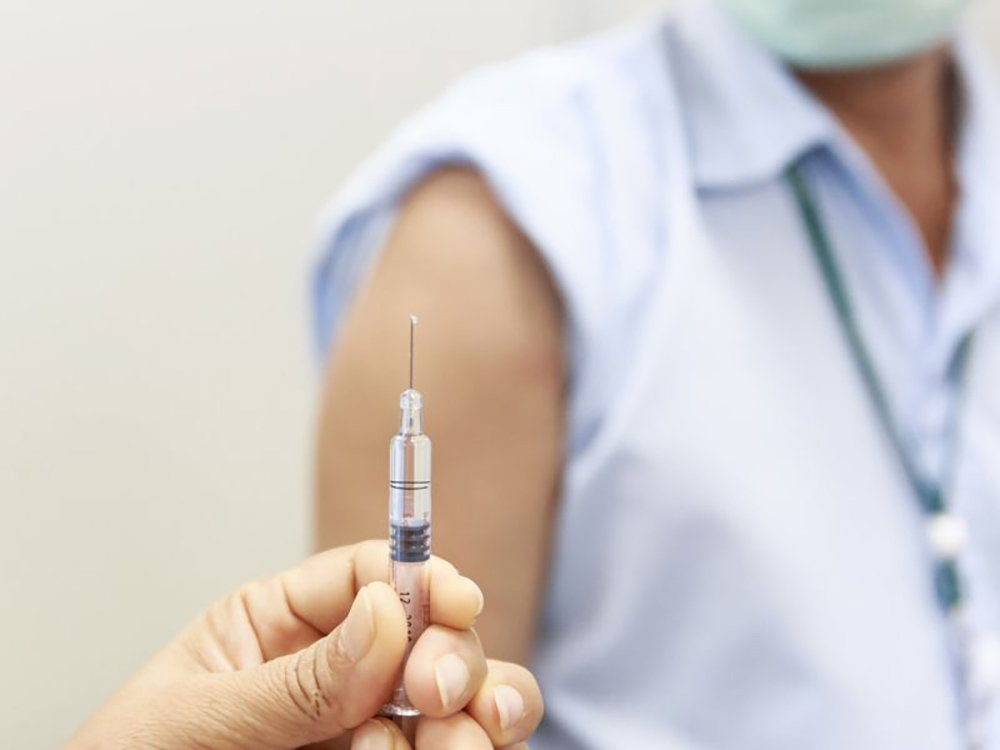By: Dennis Thompson
Promoting any emerging COVID-19 vaccine to a skeptical public could be tough.
But a new survey finds vaccine uptake might rise if the shot is promoted by medical experts, not politicians, and if it’s been proven safe and effective through a rigorous approval process.
A vaccine shown to be highly effective in clinical trials with lasting protection and rare major side effects will command more public respect, particularly if major public health organizations endorse it, researchers found.
There won’t be as many takers for a vaccine that meets minimum U.S. Food and Drug Administration standards, is approved under emergency use protocols, and is endorsed by politicians rather than medical experts, according to findings published Oct. 20 in JAMA Network Open.
These results show that efforts to develop and promote a COVID-19 vaccine need to be depoliticized, said senior researcher Douglas Kriner, a professor of government at Cornell University.
“The rollout of the vaccine and the public health effort to communicate to people the importance of doing this, that it’s safe and effective and trying to encourage people to vaccinate, should really be left to the public health professionals,” Kriner said.
An endorsement from either U.S. presidential candidate would do little to promote the vaccine, while a nod from either the World Health Organization or the U.S. Centers for Disease Control and Prevention would carry great weight, the survey showed.
“It’s hard to imagine politicians not wanting to wade in on this, rather than simply deferring to the medical experts, but the more they engage, the more problems that might cause,” Kriner said.
Further, the speed at which the vaccine is being developed and tested could well complicate efforts to have it widely accepted, noted Dr. William Schaffner, a professor of infectious disease at Vanderbilt University Medical Center in Nashville, Tenn.
“The very name, Operation Warp Speed, works against us,” he said. “The average citizen who hears this thinks that we’re cutting corners, and they want nothing to do with that.”
An approved COVID-19 shot is still months away, but the CDC already is preparing for the widespread rollout of any vaccine that receives FDA approval.
At least 70% of adults in an area need to take a COVID-19 vaccine to achieve herd immunity, according to researchers’ estimates.
But up to now, surveys have varied widely on whether people plan to get a COVID shot once one is available.
Kriner and his team decided to take a deeper look into the specific factors that will influence public acceptance.
They surveyed nearly 2,000 adults across the United States, asking about an array of factors that could potentially influence vaccine acceptance — effectiveness, how long the protection will last, risk of side effects, the type of approval, where the vaccine is developed, and the endorsements it gets from major figures and institutions.
Effectiveness will be the single most important factor in promoting the vaccine, researchers found.
People will be most strongly motivated to take a vaccine that is 70% to 90% effective, as opposed to one that is only 50% effective, the survey results show.
“One thing that might be disturbing here for us is that 50% efficacy is the FDA’s minimum threshold, and willingness to take the vaccine was relatively low at that level,” Kriner said.
The public also will be less inclined to accept a COVID vaccine approved under an FDA emergency use authorization, which shortcuts the agency’s usual approval process, the survey found.
“It’s justifiable that we’re using an incredible number of resources to increase the speed at which we have a vaccine made available, but at the same time we have to not compromise on safety,” said Dr. Douglas Opel, director of clinical ethics at Seattle Children’s Research Institute. He co-wrote an editorial that accompanied the survey findings.
“This process of making a vaccine available through an emergency use authorization is at this juncture of speed and safety, and this study found a vaccine made available through that expedited mechanism would negatively impact willingness to accept it, so that was concerning,” Opel said.
(HealthDay News)





